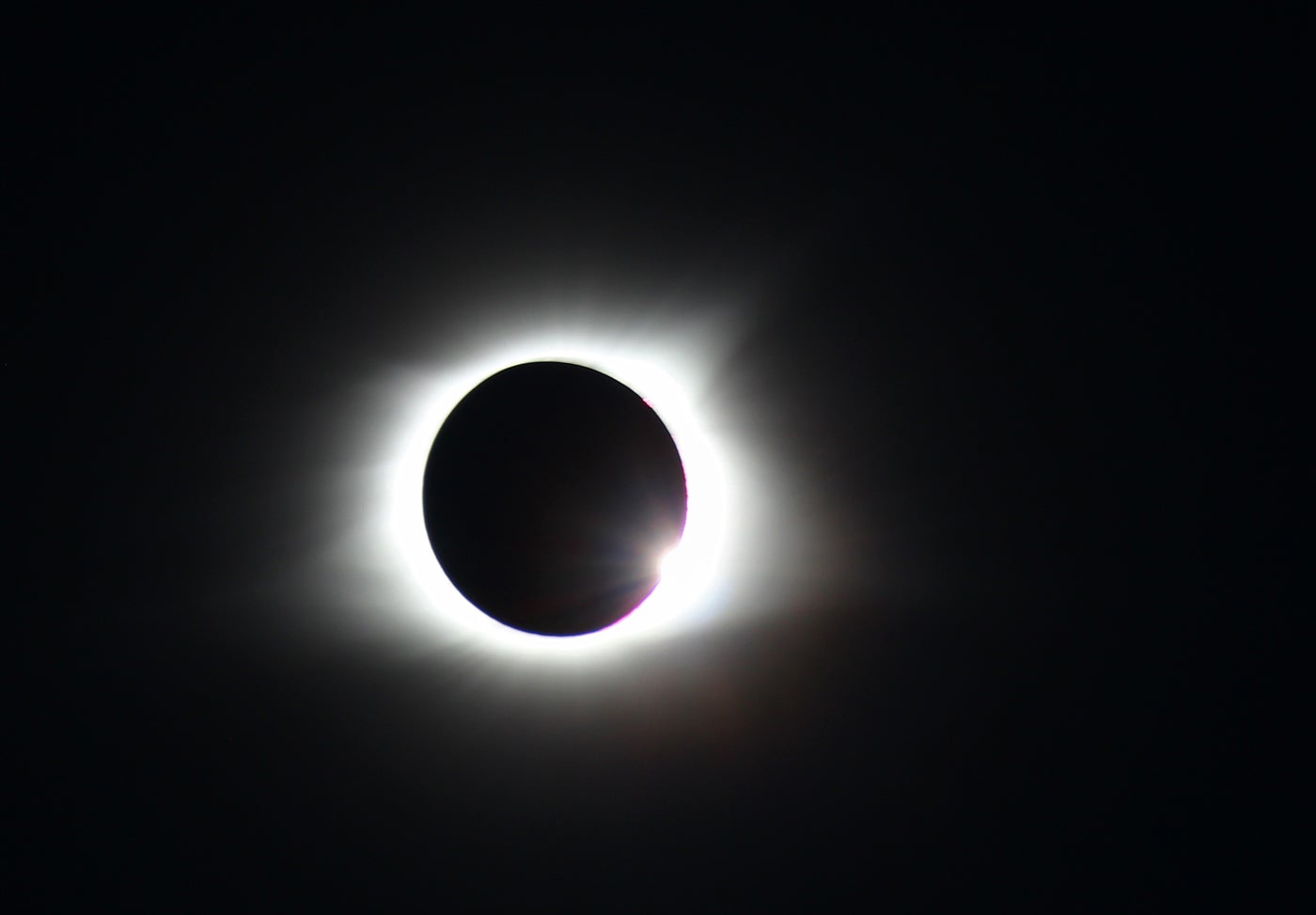Expanding the public charge rule: good or bad?
Published 4:31 pm Friday, August 23, 2019
By ERIC MOUNT
Contributing columnist
“Give me your tired and your poor who can stand on their own two feet.”
If you think this parody of the words of Emma Lazarus that are engraved on the Statue of Liberty comes from someone who is attacking President Trump’s newly announced “public charge” rule, think again. The source is Ken Cuccinelli, acting director of U. S. Citizenship and Immigration Services. And he aims to praise the rule, not bury it because he sees it as “reinforcing our ideals of self-sufficiency.”
The rule, which was announced by President Trump on Aug. 12 to take effect on Oct. 15, seeks to reduce immigration levels using the criterion of inadmissibility on public charge grounds. (Aug. 12 also began a 60-day period for comment to the Department of Homeland Security.) It expands the definition of “public charge” with more stringent requirements of wealth, education, age and English-language skills. In the words of the Washington State attorney general, “If you’re wealthy you’re welcome; if you’re poor, you’re not.” It also circumvents Congress to slash immigration levels.
For those with legal status, the rule makes it harder to get a green card or visa if a person uses Medicaid, food stamps (SNAP), or other public benefits such as Section 8 housing vouchers. The use of cash assistance was already a criterion for disqualification, but the new rule heightens the barriers. It provides a rationale for more deportations, often involving more family separations. Low wage earners who are immigrants thus put themselves at risk of homelessness, hunger and malnutrition if they apply for benefits.
It also puts in greater jeopardy would-be immigrants from Africa and Latin America where incomes are historically lower (a.k.a. “sh*thole countries”) as well as those with “temporary protected status” because they come from regions wracked with violent conflict or the damages of natural disasters. The effects on would–be immigrants of color thus constitute systemic racism regardless of the intentions of policy makers. Immigrants from Europe and Canada are the least likely to face problems.
This wealth test reverses the former promotion of economic mobility through the cited social programs. Instead, say opponents, it punishes immigrant families and staves off legal immigration of lower income families. It affords yet another means of reducing Medicaid and SNAP rolls regardless of need. As California’s attorney general Xavier Becerra objects, “It weaponizes essential health care, housing, and nutrition programs.”
Becerra is one of 13 state attorneys general who, along with two California counties, are suing the Trump administration regarding what they claim is discriminatory regulation. What this newly defined criterion is attempting, they believe, is “un-American, anti-immigrant, and unlawful.” Where is America’s image as a welcoming land to the tired and the poor seeking a chance to better themselves, if need be with the assistance of a social safety net? Have we forgotten that our immigrant ancestors were not all financially self-sufficient on arrival?
This latest plank in the president’s anti-immigration platform is being applauded not only by the white nationalists in his base but also by much of his religious following. A recently observed bumper sticker is indicative. “Heaven has walls; Hell has open borders.” Leaving aside the possibility of arguing that the sticker statement could be reversed with some theological justification, we cite it as a partial summation of religious backing for excluding undeserving invaders of our land. It must quickly be added that its implication that opponents of President Trump’s immigration policies are all advocates of open borders is a huge misrepresentation.
The point is that the new public charge rule is good news for many Christians. We hasten to add that it is bad news for many other Christians, as well as many followers of Judaism, Islam, and other religions that elevate and emphasize hospitality to the stranger, welcome to the alien, and concern for those in poverty. Some religious leaders are forcefully protesting this rule because, in the words of the Rev. Jimmie Hawkins, executive director of the Office of Public Witness of the Presbyterian Church U.S.A., it “radically alters the criteria for acquiring legal status and citizenship and harms the ability of the most vulnerable to find a place in our society.” He calls the rule “one of the most un-Christian actions of any administration in decades” and “one of the most cold-hearted endeavors imaginable.” And he is but one of numerous conscientious objectors to this rule among religious leaders.
When such strong condemnations are pitted against the celebrations of the rule’s building of self-reliance and resistance to invasion by those who might become “public charges,” we can see that the polarization in our society over immigration may be the biggest divide among religious people, even more than some of the familiar “culture war” issues. Our supposed national identity as a refuge of the tired and the poor is at stake.






